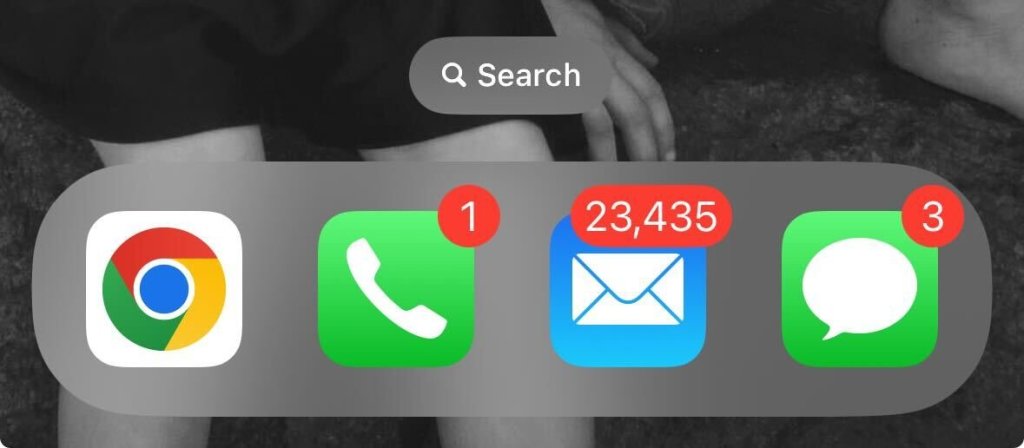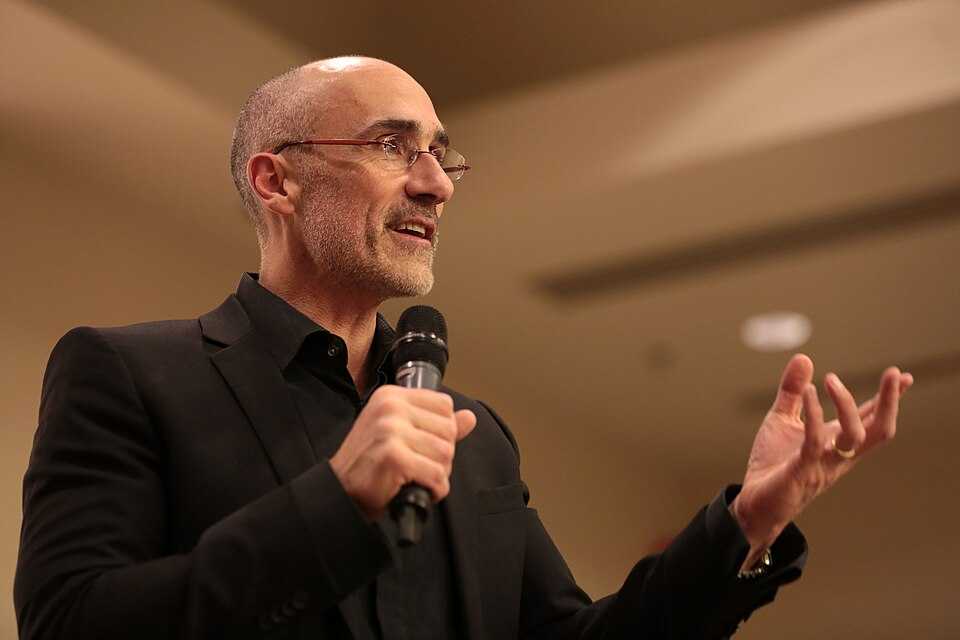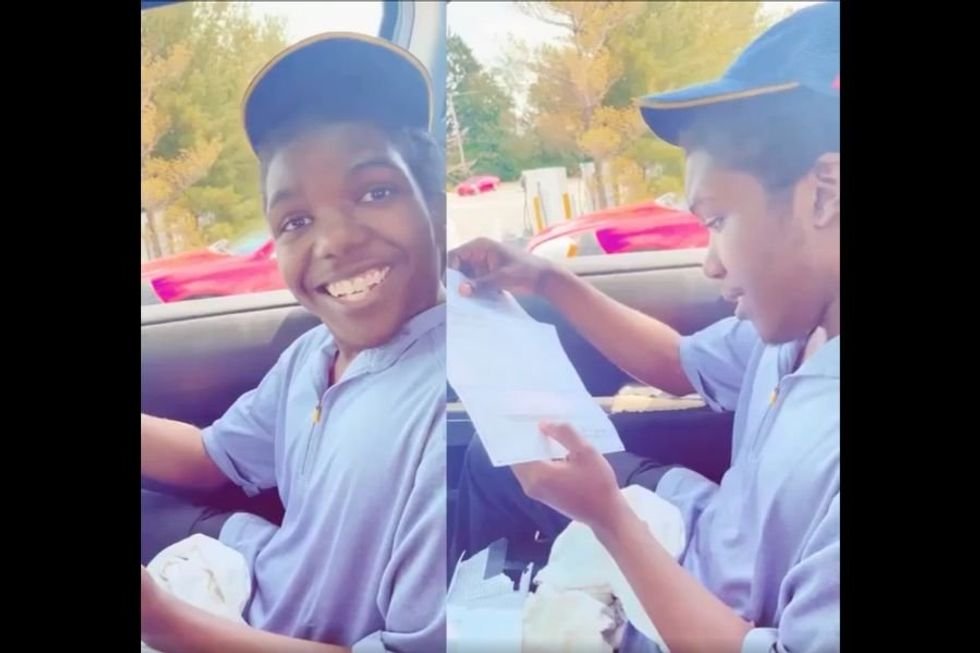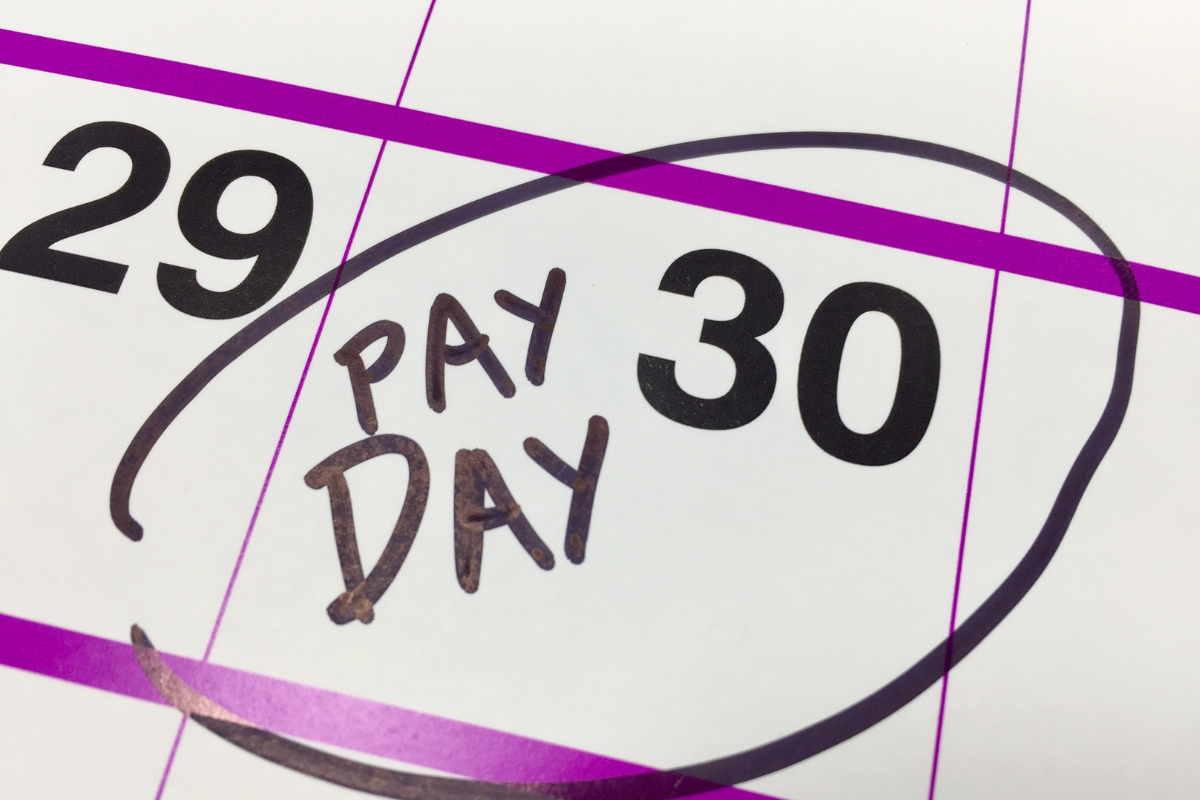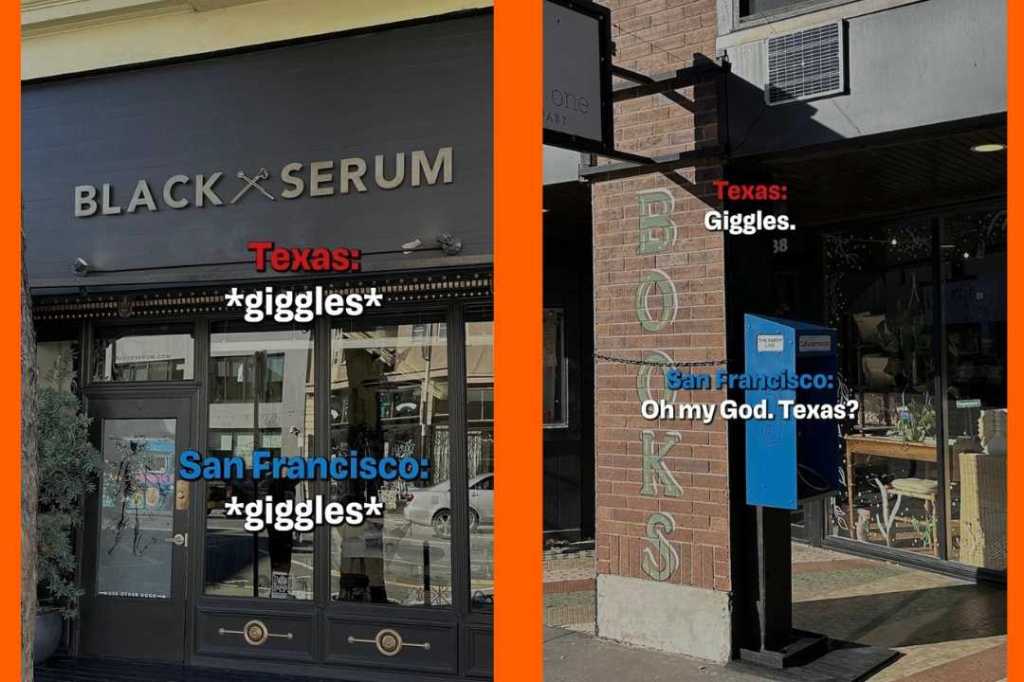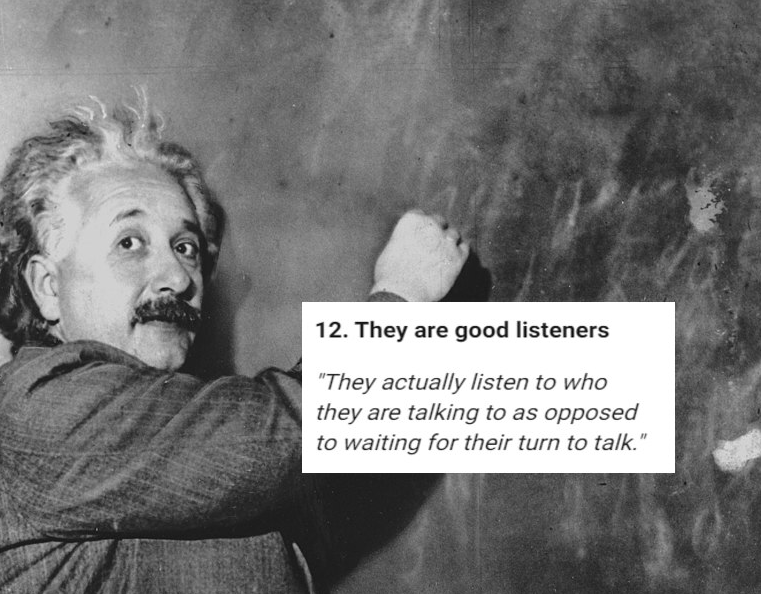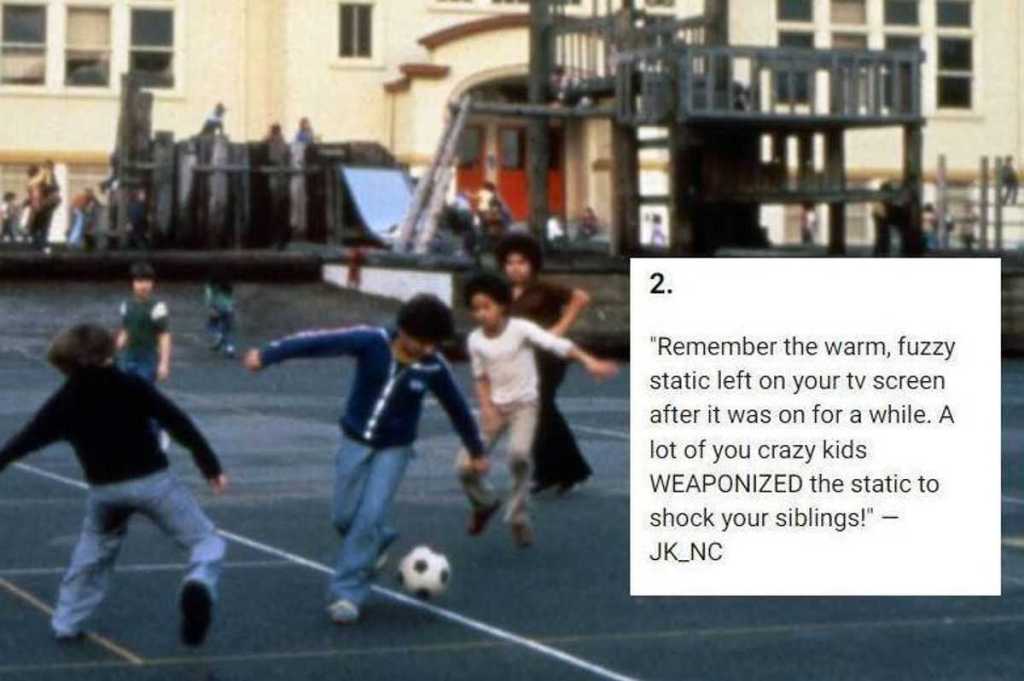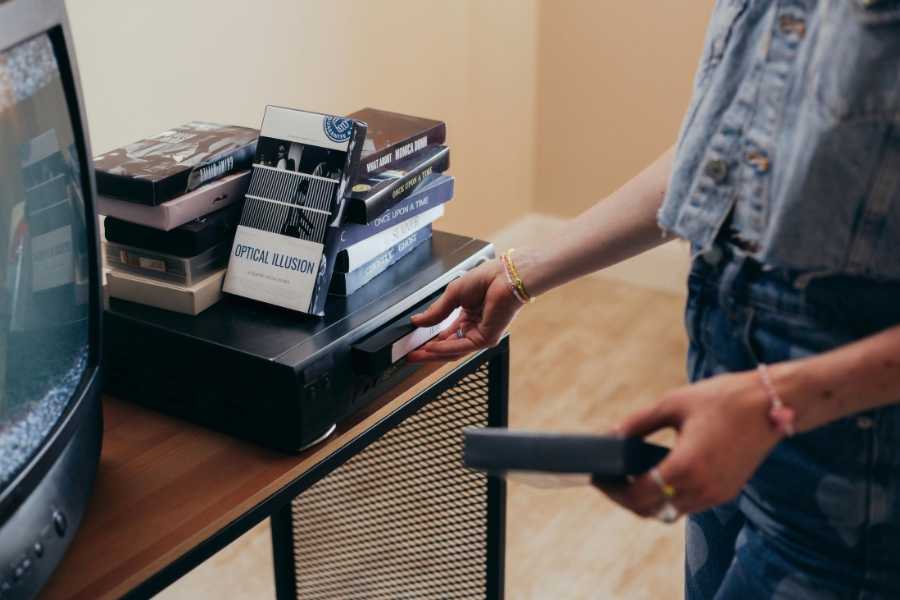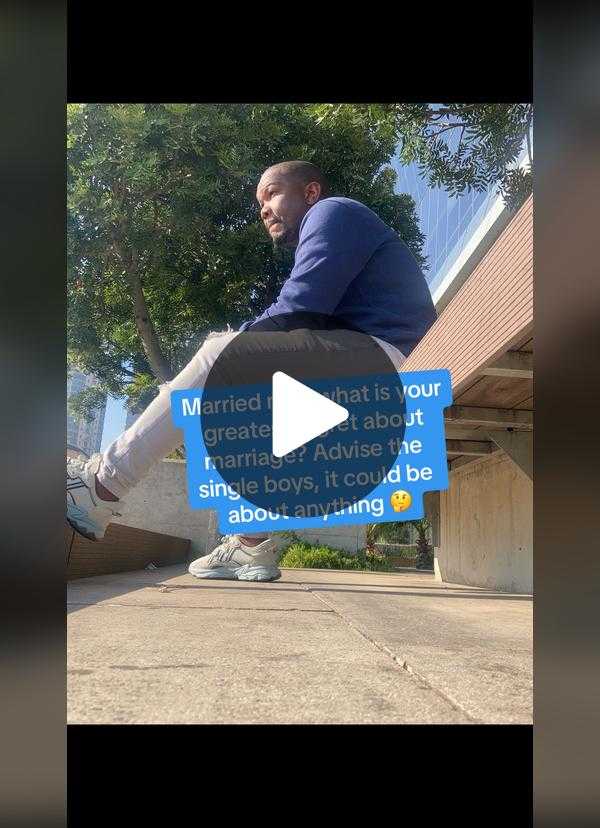Email has been a regular fixture in our lives since the mid-to-late 1990s, with many of us having many different inboxes to manage from personal and work to organizations and side hustles. Our email life can become overwhelming and even exhausting, and it definitely requires some effort to maintain it, but what that effort and maintenance look like varies drastically from person to person.
Variations in email management have prompted many a debate amongst friends, particularly when one catches a glimpse of another’s 20,000+ unreads on their phone and panics. “Why do you have so many unread emails?!? That would cause me so much anxiety!” says the one, while the other just shrugs and says, “I skip the ones I don’t want to read and it’s not worth taking the time to delete them,” as if that’s a perfectly reasonable approach.
What do these reactions to emails say about each person? Is one right and the other wrong? Does one have good habits and the other bad?
Some folks will make a convincing argument for orderly and organized inbox habits, touting the benefits of the “Inbox Zero” method in which you follow a few steps to keep your inbox cleared. Such habits can help those who feel overwhelmed by too many emails and can’t ignore inbox clutter to feel more at ease.
But before judging those with cluttered inboxes too harshly, it’s important to note that our brains don’t all work the same way. For some, keeping up a clear inbox causes more stress than ignoring emails and they feel that the time and attention it takes to manage it every day isn’t worth it.
Here’s what psychologists have to say about people’s email inbox habits and what they mean about our personalities:
First, let’s look at the reality of email and how much of it is even worth our time, because we all know a lot of the email we receive is worthless. Researchers wrote in Harvard Business Review, “Of the eight hours managers devote to e-communications each week, we estimate 25% of that time is consumed reading emails that should not have been sent to that particular manager and 25% is spent responding to emails that the manager should never have answered.”
In another Harvard Business Review article citing a 2012 McKinsey analysis, researchers noted that, “the average professional spends 28% of the workday reading and answering email…that amounts to a staggering 2.6 hours and 120 emails per day.”
And that’s just work email. Our personal inboxes are full of junk with seemingly endless waves of email marketing and advertisements masquerading as helpful information. Some of us understand that reality and see it as all the more reason to actively manage our inboxes, while some of us see it as a reason to simply ignore most email that comes in.
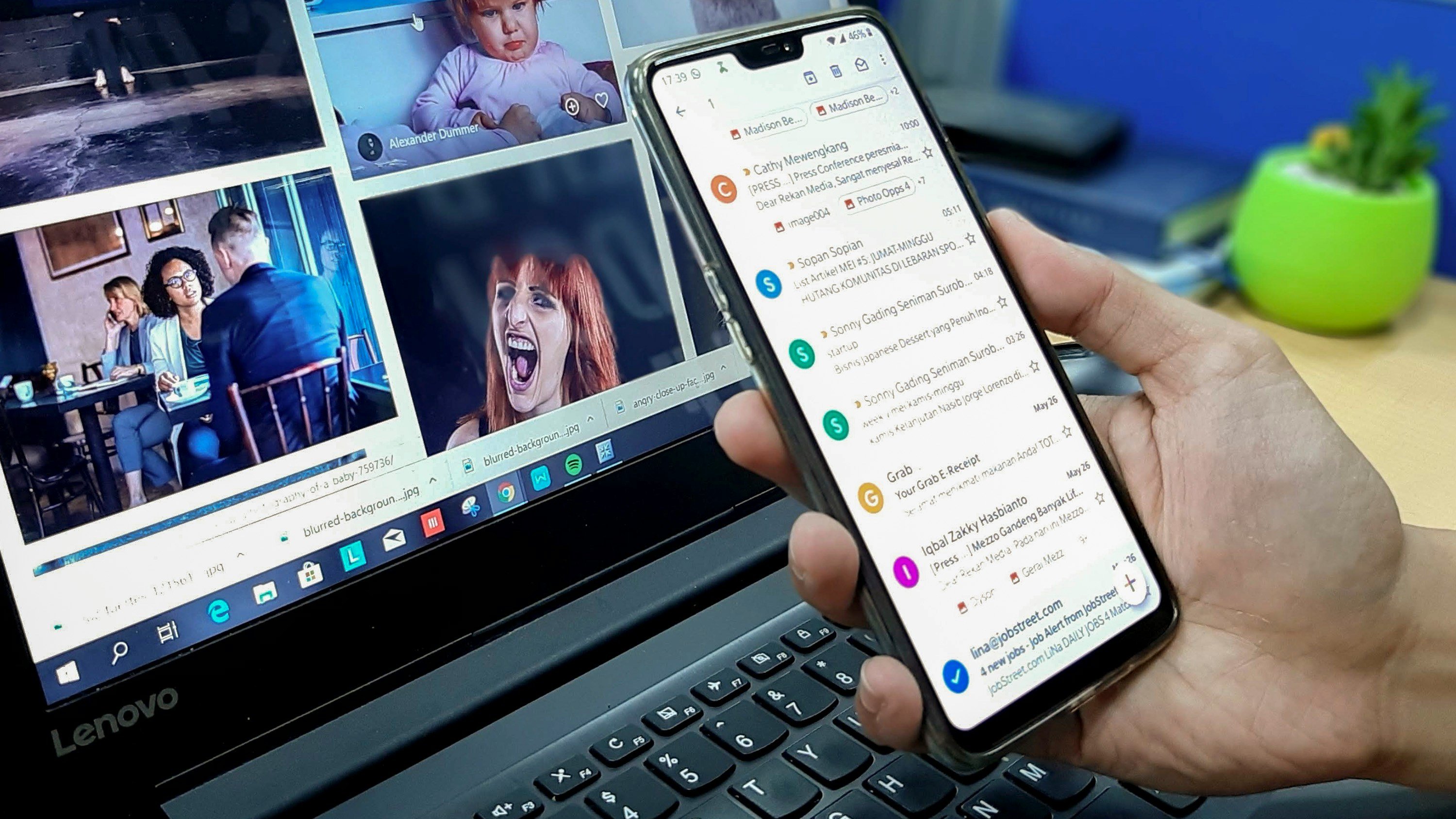
Research psychologist Larry Rosen, Ph.D. told Business Insider that people who routinely file and delete emails are often trying to avoid the anxiety that comes with seeing emails pile up. “A huge, exploding inbox releases stress-based neurotransmitters, like cortisol, which make them anxious,” he said.
Some of that anxiety could stem from perfectionism (or vice versa) and seeing notifications build up is a reminder of everything you’re not doing or able to do.
“It could be tied to feeling overwhelmed to the point that each unread notification is yet another piled task piled on top of a thousand others,” Jenn Hardy, a licensed psychologist in Maryville, Tennessee, told HuffPost.
Rosen told Business Insider that people who stay on top of their inboxes are often people with a high need for control in their lives. “They need an external way to have control over the world,” he said, so the idea of just letting emails pile up willy nilly is way too stressful.
On the other hand, people who do let their emails pile up may feel an opposite kind of stress. The idea of managing it all creates anxiety, and they feel more comfortable just ignoring it. Ultimately, there have to be occasional purges, but that’s preferable to the day-to-day maintenance stress for some.
“They may find this works better for them, leaves them less stressed and helps them focus their time and energy on other matters,” Hardy pointed out. Social psychologist Ron Friedman told Business Insider that ignoring email “can also mean that you recognize that [monitoring and organizing those emails] isn’t helping you achieve progress,” adding that recognition is “a sign of intelligence.”
Email ignorers might also just be more relaxed personality types in general. More Type B than Type A.
“They may be less of a perfectionist type and go more with the flow,” Lena Derhally, a licensed psychotherapist who specializes in social media and anxiety, told HuffPost. “They may not see having unread notifications or clear inboxes as a priority, and they may not feel bad/guilty/shameful about being unresponsive.”
The one solid argument for keeping your inbox under control regardless of your personality type is the environmental impact of data storage. Deleting emails may be fairly low on the rung of carbon to-dos, but it’s a simple one that anyone can do. Plus, using the environment as an incentive to clean up your email habits might be helpful for people who actually want the “Inbox Zero” life but have a hard time getting motivated to do it.
What’s funny about all of this is how people’s email worlds can be completely alien to one another. My friends look at my unread email notifications and chastise me for causing them anxiety (even though they’re my inboxes, not theirs—just seeing the number in the bubble on my phone stresses them out). I, on the other hand, cannot even conceptualize how they keep all of their email inboxes cleaned up every day. Like, does not compute even a little bit.
It takes all kinds of people to make the world go round, so as long as people are happy with their chosen methods, we can stop judging and even celebrate the differences in our inbox habits.
This article originally appeared on 6.6.24


